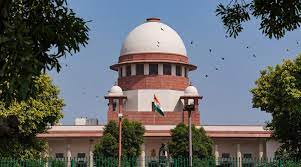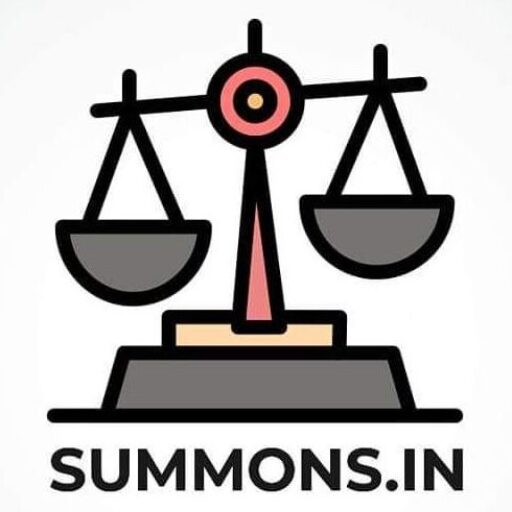
Susela Padmavathy Amma vs. M/s Bharti Airtel Limited (2024 INSC 206)
Background & Key Facts
Appellant: Susela Padmavathy Amma (Director of Fibtel Telecom Solutions).
Respondent: M/s Bharti Airtel Ltd. (complainant).
Dispute:
- Fibtel Telecom Solutions issued five post-dated cheques to Bharti Airtel for unpaid telecom services (totaling ₹2.55 crores).
- All cheques were dishonoured with the reason “payment stopped by drawer.”
- Bharti Airtel filed two complaints under Section 138 of the Negotiable Instruments Act (NI Act) against:
Legal Issue
Whether a non-signatory director (Susela Padmavathy Amma) can be held vicariously liable for the dishonour of cheques under Section 141 of the NI Act without proof of her active role in the company’s financial affairs.
Supreme Court’s Ruling
The Supreme Court quashed the proceedings against Susela Padmavathy Amma, holding:
No Automatic Liability for Directors:
- Merely being a director does not make one liable under Section 141.
- The complainant must prove the director was “in charge of and responsible for“ the company’s financial operations when the offence occurred.
Deficiency in Complaint:
- The complaint contained no specific averments showing Susela’s involvement in Fibtel’s day-to-day affairs or cheque issuance.
- Only Accused No. 2 (Manju Lalitha) was the authorized signatory and actively managing operations.
Precedents Relied On:
- SMS Pharmaceuticals Ltd. v. Neeta Bhalla (2005): Directors are not liable unless they control daily operations.
- Pooja Ravinder Devidasani v. State of Maharashtra (2014): Complaints must detail how the accused director was responsible.
- Ashoke Mal Bafna v. Upper India Steel (2018): Bald allegations against directors are insufficient.
Key Legal Principles
- Section 141, NI Act: Vicarious liability applies only if the director:
- Was in charge of daily operations and
- Responsible for financial decisions at the time of the offence.
- Burden of Proof: The complainant must specifically allege the director’s role in the disputed transaction.
Outcome
Proceedings quashed against Susela Padmavathy Amma.
The High Court’s dismissal of her plea was overturned due to lack of evidence linking her to the dishonoured cheques.
Practical Implications
For Companies: Only actively involved directors/signatories face liability for cheque dishonour.
For Complainants: Must explicitly plead the accused director’s role in the complaint.
For Directors: Passive/non-executive directors can seek quashing if the complaint lacks specifics.
Conclusion
This judgment reinforces the strict interpretation of vicarious liability under the NI Act. Directors unconnected to a company’s financial dealings cannot be prosecuted arbitrarily. Complaints must prove active involvement to hold them liable for cheque bouncing.
#ChequeBounce #LegalRuling #CorporateLaw #DirectorLiability #SupremeCourtOfIndia #NIAct #BusinessLaw #LegalUpdate #LawyersOfLinkedIn #CorporateGovernance
Edited & Reviewed by
Neeraj Gogia,Advocate
9891800100
